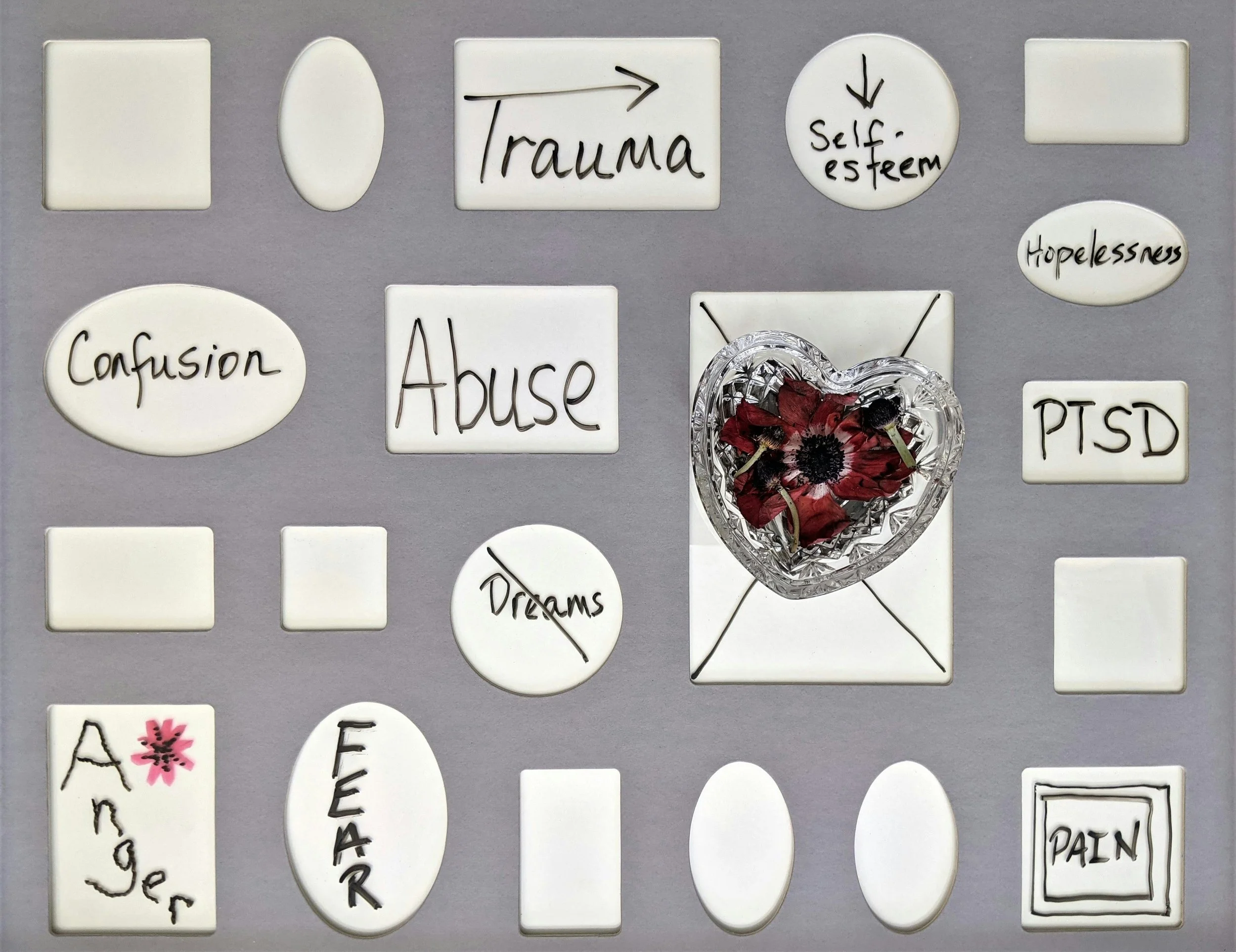Mental Health in the Asian American & Middle Eastern Communities: Breaking Stigmas
In many Asian American and Middle Eastern families, mental health challenges are real,and yet, they’re often kept hidden behind cultural expectations of strength, silence, and self-reliance. This article explores the unique experiences of these communities, the myths that keep many from seeking help, and how organisations like Dua Health is working to create care that honours cultural identity and emotional healing.
1. Why Mental Health Struggles Stay in the Shadows
The Asian American Experience
Research shows Asian Americans access mental-health services at far lower rates than the general population: while about 18 % of U.S. adults seek such care, only approximately 8.6 % of Asian Americans do.
Cultural pressures play a major role: many youth face the “model minority” myth,an expectation to succeed academically and professionally, which leads to suppressing emotions, internalising stress, and avoiding help-seeking.
The Middle Eastern Experience
In Middle Eastern communities, whether immigrant families or diasporic populations,values like honour, privacy, emotional restraint, and family reputation complicate how mental health is experienced. Genuine distress may be hidden because speaking up feels like bringing shame or burdening the family.
Shared Barriers Across Communities
Stigma & Shame: Admitting you’re struggling can feel like admitting you’ve “failed” culturally or spiritually.
Cultural mismatch in care: Many mainstream therapies assume Western individualism. For collectivist cultures, feelings are entwined with family, honour, ancestry, and community identity.
Lack of culturally-competent providers: Language, cultural reference points, and family dynamics often get overlooked, making therapy feel alien or irrelevant.
2. How Mental Health Shows Up in These Communities
Even when the cultural signs differ, the emotional impact is real and valid.
Persistent stress under the surface: high achievement but chronic exhaustion.
Anxiety related to identity, belonging, and intergenerational expectations.
Depression masked as “I’m just tired” or “I’m okay” statements.
Family and community trauma: immigration, war, discrimination, acculturation.
Shame about seeking help: “If I ask for help, who will respect my family?”
For example, one study found Muslim Americans dealing with depression, anxiety, and adjustment disorders were also navigating layers of cultural and religious identity, discrimination, and assimilation stress.
3. Myths That Delay Healing (and the Facts That Free You)
Myth 1: “I only need help if I’m ‘crazy’ or completely broken.”
Fact: You don’t have to wait until you’re in a crisis.
Therapy isn’t a last-resort,it’s a space for growth, understanding, and healing from what you are, not what you fear you will become.
Myth 2: “Talking to someone from outside my culture won’t help.”
Fact: Cultural competence matters,but so does your readiness and fit.
Therapy can be transformative when there’s respect for your culture, values, and identity. Many providers now specialise in culturally attuned work.
Myth 3: “If I seek help, I’m shaming my family.”
Fact: Seeking care isn’t betrayal,it’s self-kindness.
By healing, you honour your story and eventually contribute to healthier family dynamics, not weaker ones.
Myth 4: “I should just handle this myself, family has done it before.”
Fact: Carrying alone is heavy.
Therapy offers a safe space where you can rest, reflect, and repair. Strength is recognising when you need the support.
4. Why Culturally-Informed Therapy Is a Game Changer
When care understands your background, your history, your family, and your culture, healing becomes deeper. Some key features:
Therapists who acknowledge heritage, immigration stress, racial trauma, family duty, and identity.
Approaches that blend evidence-based models (CBT, DBT, trauma-informed) with cultural sensitivity.
Safe spaces where you don’t have to shrink parts of yourself to belong.
At Dua Health, for example, we focus on creating an environment where culturally diverse clients feel seen, heard, and respected. Our therapists understand the intersection of culture and emotion,and what it takes to create trust.
5. Steps Toward Healing,What You Can Do Now
1. Acknowledge the ripple effects
Recognise that your emotional experiences are valid,even if they don’t look like what you’ve been taught to call “mental health issues.”
2. Choose a provider who gets you
Look for therapists experienced with your culture, identity, or family system. Even better if they speak your language or have lived a similar experience.
3. Create one small habit
It could be: journaling for five minutes, stepping outside for breath, or saying quietly: “I deserve support.” Small steps add up.
4. Talk about it, just once
Sharing what you’re going through with someone you trust reduces shame. You don’t need to fix it, just name it.
5. Book a session
When you’re ready, consider scheduling an appointment. At Dua Health, our process is simple and confidential,and built for the culturally diverse mind.
6. Why Choice of Care Matters
If you go somewhere that doesn’t understand your story, you might feel unheard or misunderstood. That can discourage you from trying again.
Culturally aware care invites you to bring your whole self. Your heritage, your language, your values,all matter. Choosing a provider who listens restores trust.
At Dua Health, our goal is to make care accessible, inclusive, and respectful for every background.
7. Closing Thoughts
You don’t have to be stuck in silence, shame, or the shadow of cultural expectation.
Your emotional health is part of who you are, and the care you choose should reflect that truth.
If you’ve carried your story alone for too long, it’s okay to welcome help.
You are worthy of care. You are worthy of understanding. You are ready.

